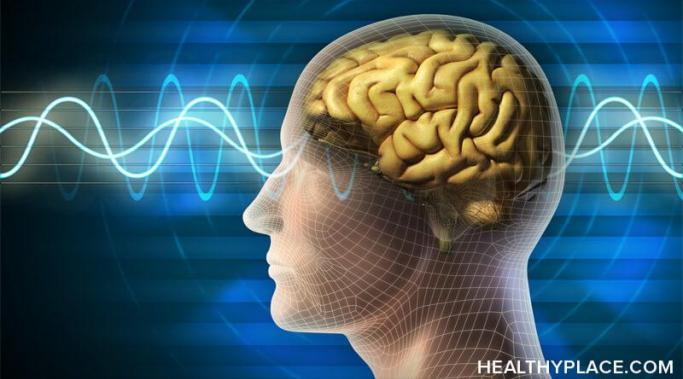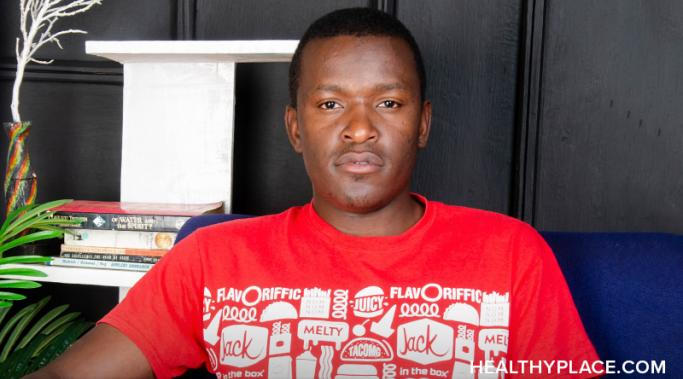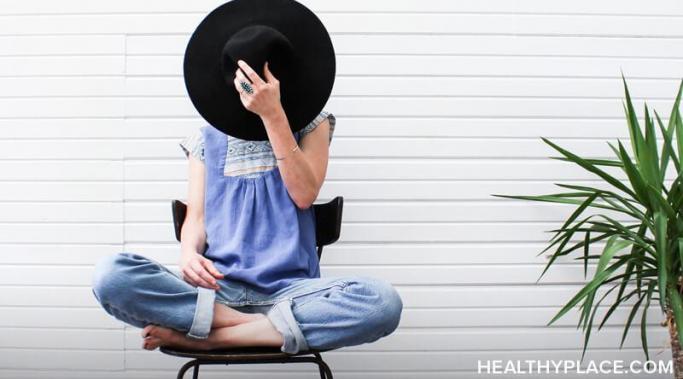Blogs
My name is Adam M., and this is my story about using negative coping strategies after experiencing a trauma.
I have schizoaffective disorder and take birth control pills for my premenstrual dysphoric disorder (PMDD). But lately, I have been having a problem with my birth control. Here’s what’s been going on.
Finding a therapist for verbal abuse recovery can be challenging. The mental health industry has numerous professionals that can help support individuals through many circumstances. However, not every certified psychologist or designated therapy professional may be right for you. Not every therapist is the verbal abuse therapist for you.
Anxiety, I've learned, is not only something I experience while under stress, but it is also something I experience in times that are not necessarily stressful, such as anxiety during traveling. Just recently, my family and I went on vacation, and I realized, before the trip, that travel anxiety is something that I often experience before traveling away from home.
I've been writing about bipolar for 20 years. Yes, this is my 20th anniversary. And since 2000, I have been writing about bipolar disorder professionally. I suppose that means I'm old. It also means that I have written a lot. I've written over 700 blog articles for HealthyPlace in the last 13 years. I've done about the same on my own blog. On top of those 1400 posts, I've written hundreds and hundreds of articles on the main part of HealthyPlace and elsewhere (not all about bipolar disorder). The grand total is unknown, but it's at least 2000, anyway. And the question I get asked a lot is, how can you write about bipolar disorder so much? How can you do that for 20 years?
Do I have a just relationship with my own body? Until a week ago, I never thought to ask myself this question. But thanks to an insightful podcast I recently listened to, it's now at the forefront of my mind. The podcast featured an interview with Sonya Renee Taylor, activist, and author of "The Body Is Not an Apology," who feels that body acceptance (which she calls "radical self-love") is an essential, intersectional component of social justice. She poses the idea that how someone views or treats their body is an internal reflection of their external convictions about equity, inclusion, and justice in the world. I think this concept is fascinating, so I can't help but wonder: Do I have a just relationship with my own body? To be transparent, I seriously doubt it.
In my opinion, music is one of humankind's greatest accomplishments. Since the dawn of time, people have produced harmonic sounds to assist in celebrations, to add color to ceremonies, and as a way to relax. In addition, some people with attention-deficit/hyperactivity disorder (ADHD) use music to help them concentrate on tasks. I am one of those people.
My name is Teddy Muyeka, and I am passionate about sharing my mental health journey. I am glad to share my experiences here at "Building Self-Esteem" so that I can help others cope better with their struggles. I have lived with depression for a long time, and it has deeply affected my self-esteem. My coping mechanisms during this time, mostly avoidance, turned out to be causing more harm than good. It wasn’t until I started therapy that I started my journey to rebuild my self-confidence and develop healthier coping mechanisms.
Opposite action is a skill I learned as a patient in dialectical behavior therapy (DBT) some three years back. I had begun DBT—a form of therapy that attempts to teach skills that can help counteract a particular behavior—for emotional volatility, and one of the very first skills that I learned was opposite action.
My name is Kelsi Cronkright, and I am thrilled to join the "Debunking Addiction" blog at HealthyPlace. My history with addiction is extensive. As a highly sensitive, neurodivergent human, the demands of our capitalistic and heteronormative society have always felt overwhelming. About 20 years ago, when I was a freshman in high school, I began struggling with an eating disorder to gain a (false) sense of control. When I went to college, alcohol and other drugs were added to the mix, and my life quickly spiraled out of control.










Also, abuse is wrong, and in order for it to be abuse means there is automatically someone on the receiving end who doesn’t deserve it, which is what is called a victim. In actuality, you can be both a victim AND a survivor AT THE SAME TIME.
I am interested in a lot of the topics available on this site, but this article honestly makes me question how ignorant and untruthful/misrepresenting other articles on this site might be. This article betrays credibility for the site as a whole. Might want to consider that. Especially with both disability AND domestic violence being on the rise…this article is only going to get more and more negative feedback over time.